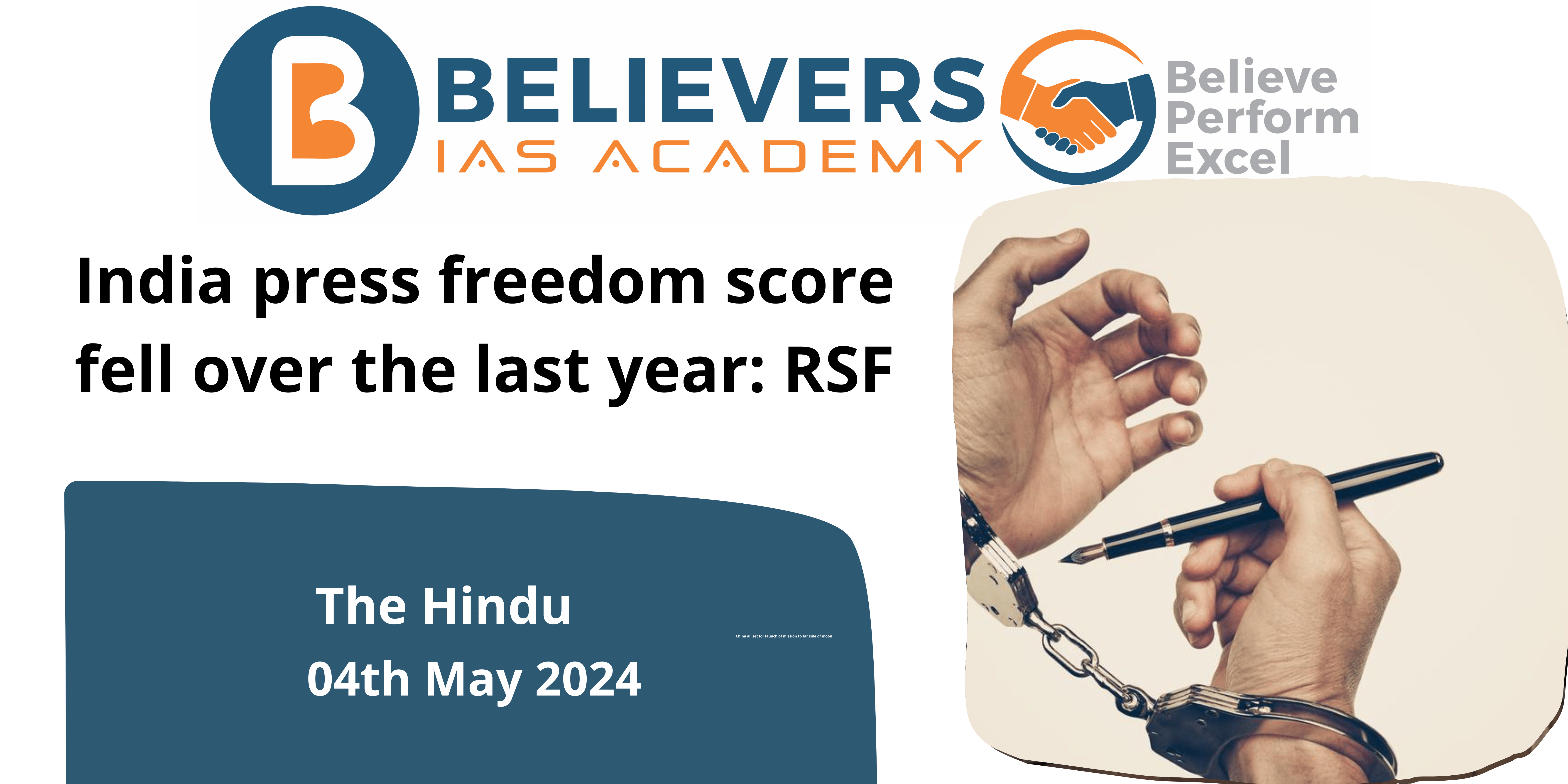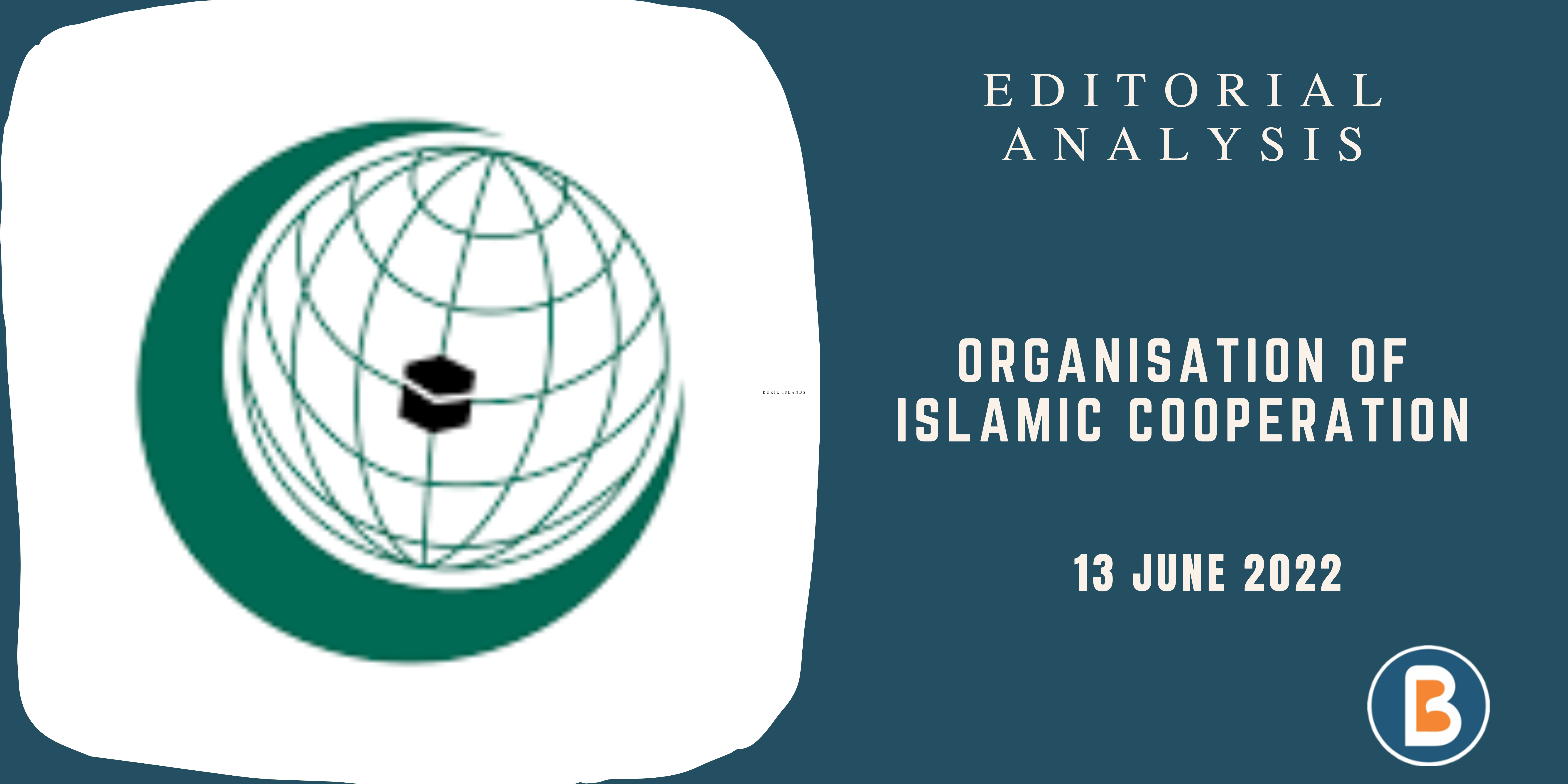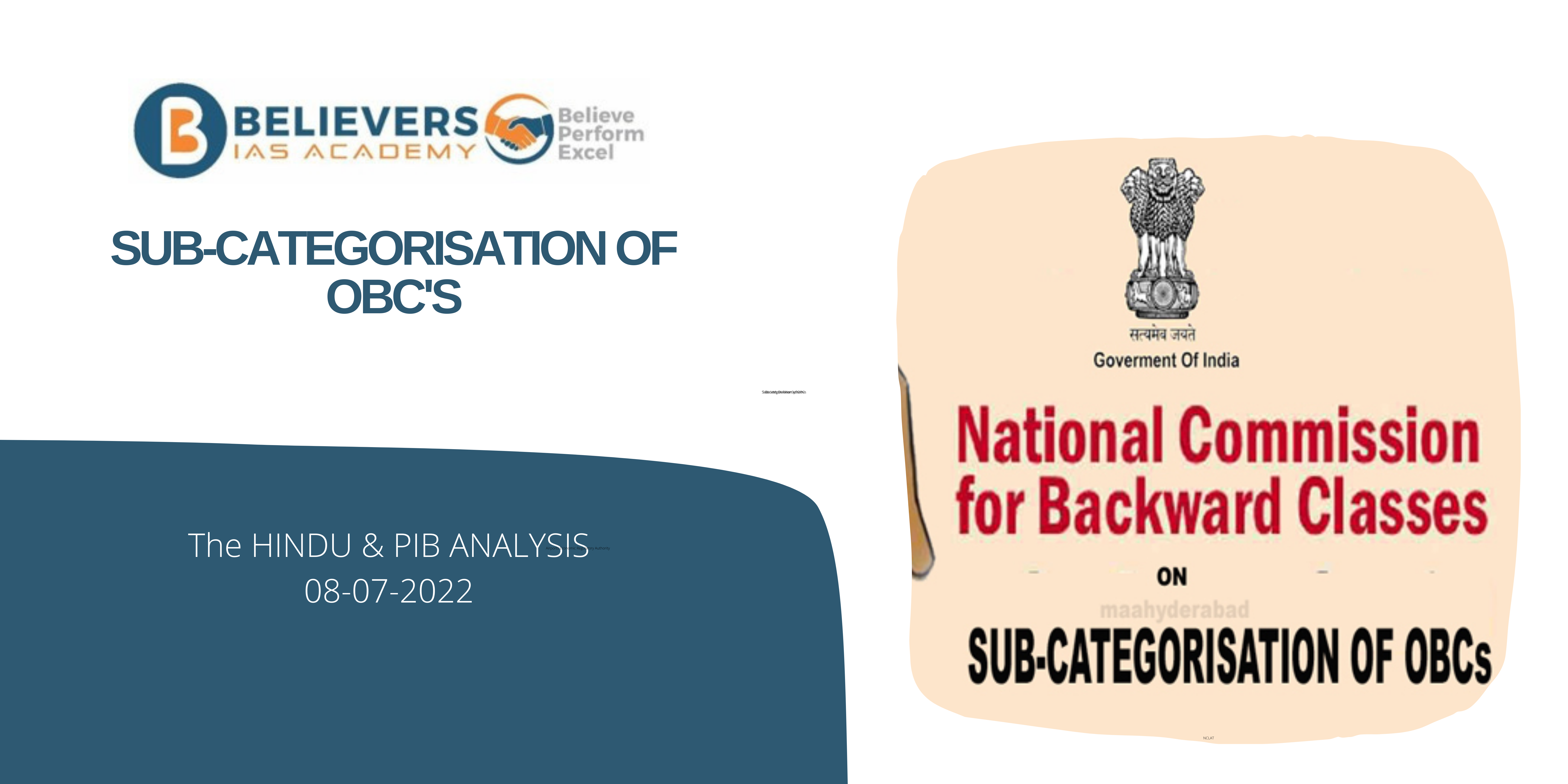India press freedom score fell over the last year: RSF
Context:
India’s score in the World Press Freedom Index declined over the past year, dropping from 36.62 to 31.28, according to Reporters Without Borders (RSF).
- Despite an improvement in rank from 161 in 2023 to 159 in 2024 and this ascent was attributed to other countries slipping in their rankings, rather than domestic improvements.
Relevance:
GS-02 (Polity)
Highlights:
- Norway and Denmark topped the RSF table for press freedom, while Eritrea ranked at the bottom, with Syria just above it.
- RSF noted a global decline in press freedoms, attributing it to political authorities who should ensure press freedom.
- India’s media environment has been described as experiencing an “unofficial state of emergency” since Narendra Modi’s rise to power in 2014, according to RSF’s country file on India.
- Indian journalists critical of the government face harassment campaigns by BJP-backed trolls, as reported in the India country report.
- The United States witnessed a decline in press freedom scores and rankings, with concerns raised over the impact of political developments, including during the Trump presidency.
Importance of Press Freedom for India’s Democracy:
- Press freedom ensures citizens stay informed about current events, enabling active participation in the democratic process.
- A free press acts as a check on government abuse of power by uncovering corruption and human rights abuses.
- Journalists hold officials accountable by investigating and reporting on government actions and policies.
- It promotes transparency in government operations and decision-making processes.
- A free press provides a platform for diverse perspectives, ensuring the concerns of various communities are heard.
- It safeguards freedom of expression and the right to know, protecting individual and group rights.
- It even enhances India’s reputation globally, demonstrating a commitment to democratic values.
Institutions Responsible for Protecting Press Freedom:
- Press Council of India (PCI)
- Ministry of Information and Broadcasting
- News Broadcasters Association (NBA)
- Editors Guild of India
- Legal System, including the judiciary
- International Organizations like Reporters Without Borders (RSF) and the Committee to Protect Journalists (CPJ)
Measures to Ensure a Free and Impartial Press:
- Strengthen legal protections: Reform laws like defamation and sedition to prevent misuse against press freedom and ensure fair legal processes for journalists facing challenges.
- Establish independent regulatory bodies: Create autonomous media oversight bodies to enforce ethical standards and address violations impartially, free from government influence.
- Protect journalists and whistleblowers: Enact laws safeguarding journalists from harassment and violence, while providing mechanisms to shield whistleblowers and support their contributions.
- Promote transparency: Implement freedom of information laws enabling journalists to access government information, and ensure media ownership transparency to maintain diversity and prevent conflicts of interest.
- Ensure public broadcasting independence: Safeguard the autonomy of public broadcasters from governmental influence, appoint unbiased oversight boards, and secure transparent funding mechanisms.




